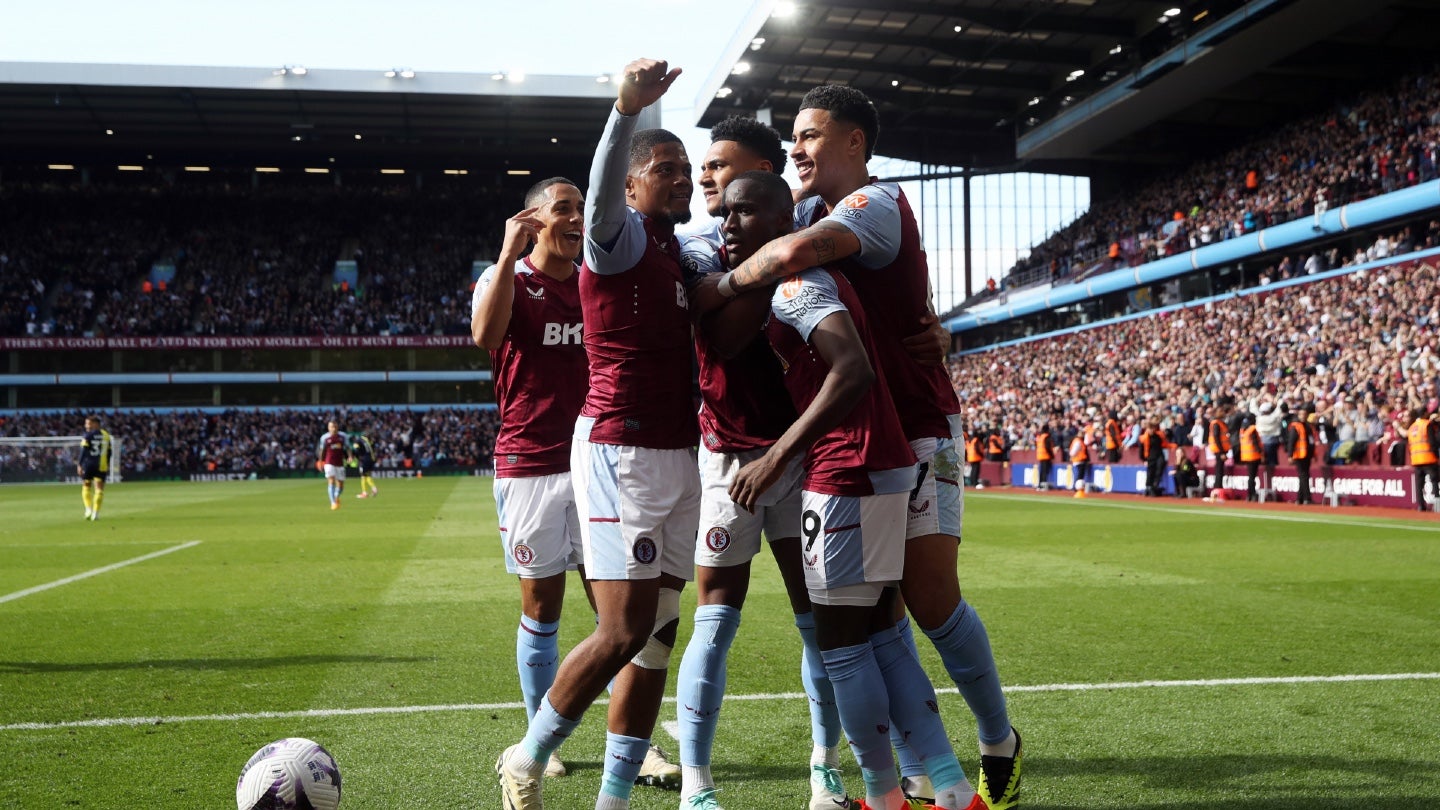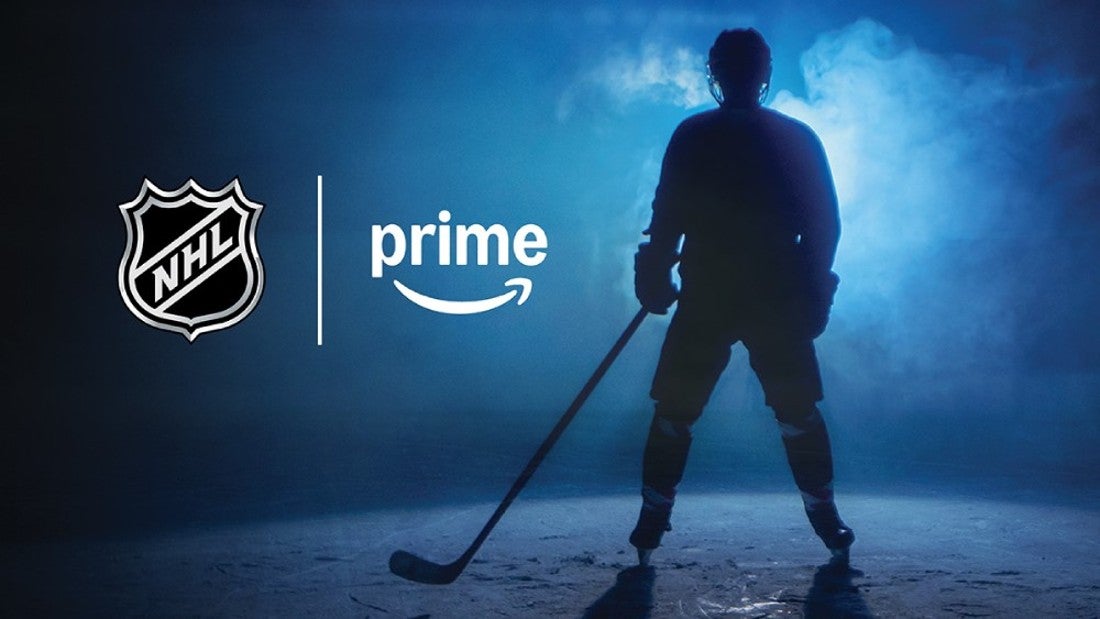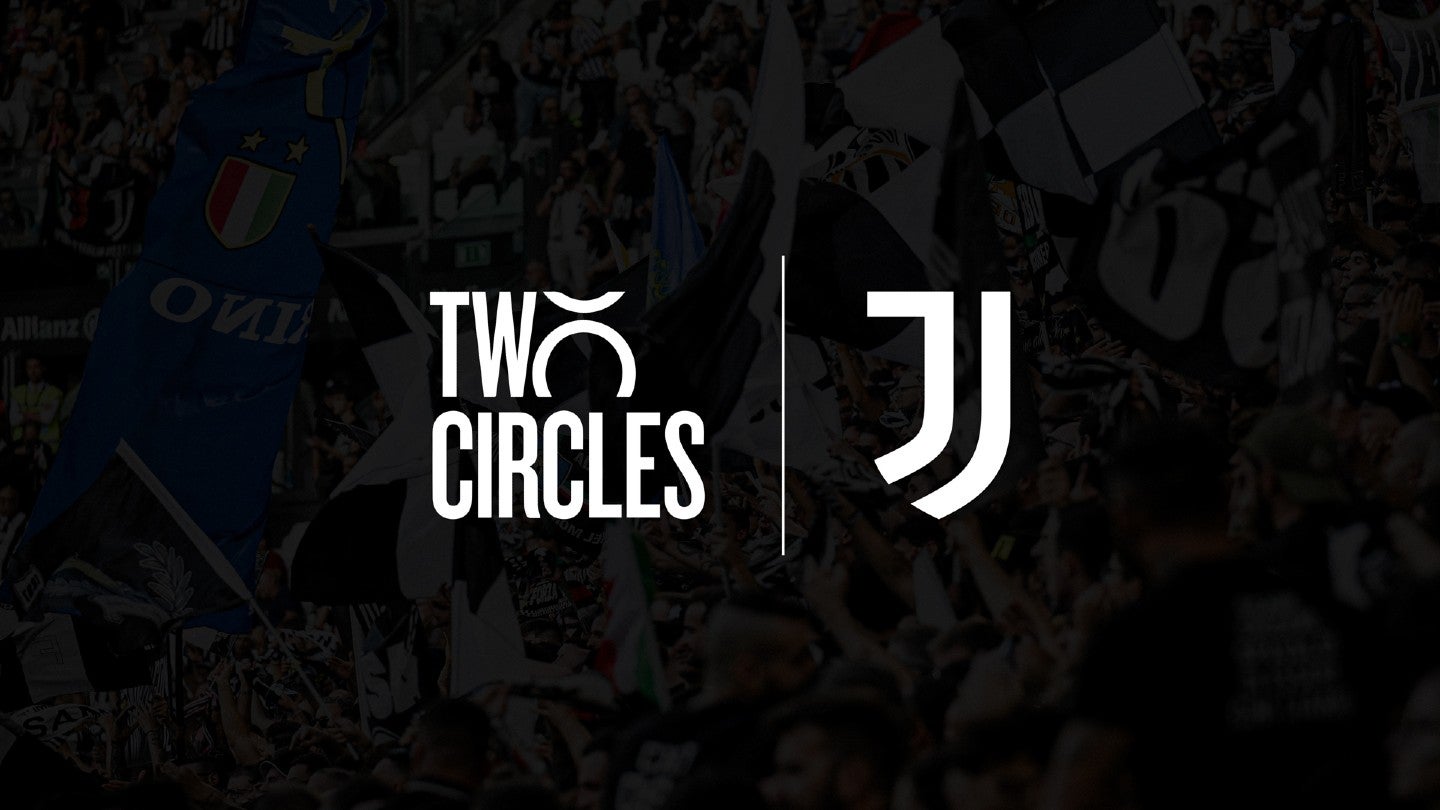Globo, the Brazilian commercial broadcasting giant, has entered into three-year pay-TV rights deals with five clubs from that country’s top-tier soccer league, the Brasileiro, who had previously been affiliated with rival network TNT Sports.
The deals, struck with Ceará, Coritiba, Fortaleza, Juventude, and Santos, will be valid through the 2024 season and will encompass pay-TV rights on Globo’s SporTV channel from the start of next season onwards.
The deals come in the wake of the announcement late last month that TNT Sports, owned by the USA-based pay-TV broadcaster Turner, is unilaterally ending all its separate rights deals with eight clubs next year, two years earlier than its contracts run to.
The clubs that have been with TNT Sports up until this point – Athletico-PR and Palmeiras, as well as the five listed above – are being offered the same terms as the 13 other clubs already affiliated with Globo in terms of pay-TV (the broadcaster already owns 19 of the 20 clubs’ free-to-air rights).
Turner has been broadcasting action from Brazilian soccer’s Serie A on its TNT Sports channel since 2019, but in 2020 it negotiated a clause in its contract with the specific clubs allowing it to terminate the deal without extra payment at the end of the ongoing 2021 season in early December.
See Also:
Overall, Globo would distribute 40 per cent of its funding equally between the seven clubs, 30 per cent on a sliding scale according to their ranking in the league table and 30 per cent proportional to the number of televised games featuring each side. This is a different distribution model from the one which TNT Sports had been using.
How well do you really know your competitors?
Access the most comprehensive Company Profiles on the market, powered by GlobalData. Save hours of research. Gain competitive edge.

Thank you!
Your download email will arrive shortly
Not ready to buy yet? Download a free sample
We are confident about the unique quality of our Company Profiles. However, we want you to make the most beneficial decision for your business, so we offer a free sample that you can download by submitting the below form
By GlobalDataIf Globo does secure the rights for the remaining clubs, it will likely end up paying R$500 million ($90.5 million) in total for the Brasileiro rights. Currently, it pays just over R$300 million for games involving the other 13 clubs (Flamengo, Fluminense, Red Bull Bragantino, Atlético Mineiro, América Mineiro, São Paulo, Corinthians, Grêmio, Internacional, Sport, Chapecoense, Cuiabá and Atlético-GO).
In total, when the free-to-air and pay-TV rights are both taken into account, the broadcaster’s investment in the top-tier soccer league could reach as much as R$1.8 billion per year until 2024, when the current TV rights cycle ends.
Robinson de Castore, president of Ceará, has now said: “Globo has always been a great partner of Brazilian football. We signed a contract with open TV first, and now have dealt for the pay-per-view rights too, so fans will be able to follow our games on SporTV. It was a quick decision, there was interest from Globo and we immediately opted for them … It is a historic partnership.”
Marcelo Paz, Fortaleza’s president, added: “We understand that it was a natural move, considering that after the end of the contract with Turner, Globo came to us, presenting the same conditions, the same contract model that it had with clubs that already have agreements with closed TV. It was the right move to make.”
Turner’s decision to exit the Brasileiro from December this year (the end of the current season), was made in part because of the impending legislation which means that soccer clubs in the country no longer have to agree to a broadcast partner with their opponents before each match – a situation that left many games under a broadcast blackout when two clubs held contracts with different networks.
Now, the 40 clubs across the Serie A and Serie B leagues have the power to negotiate media rights for their home matches themselves, with the agreement of away sides.
The previous so-called Pelé Law, set in 1998, stated that both participating teams in a game must be in agreement in order for a broadcaster to air it.
The law change means the teams without a domestic broadcast partner will have a much easier time securing a new partner than under the old system – as has been proven.
In its announcement of the deal’s termination, Turner itself said it was also taking the decision because the rights are now not as appealing as they were when they were exclusive domestically to TNT.
The withdrawal was expected by the clubs, who were initially notified of that possibility back in 2020.







